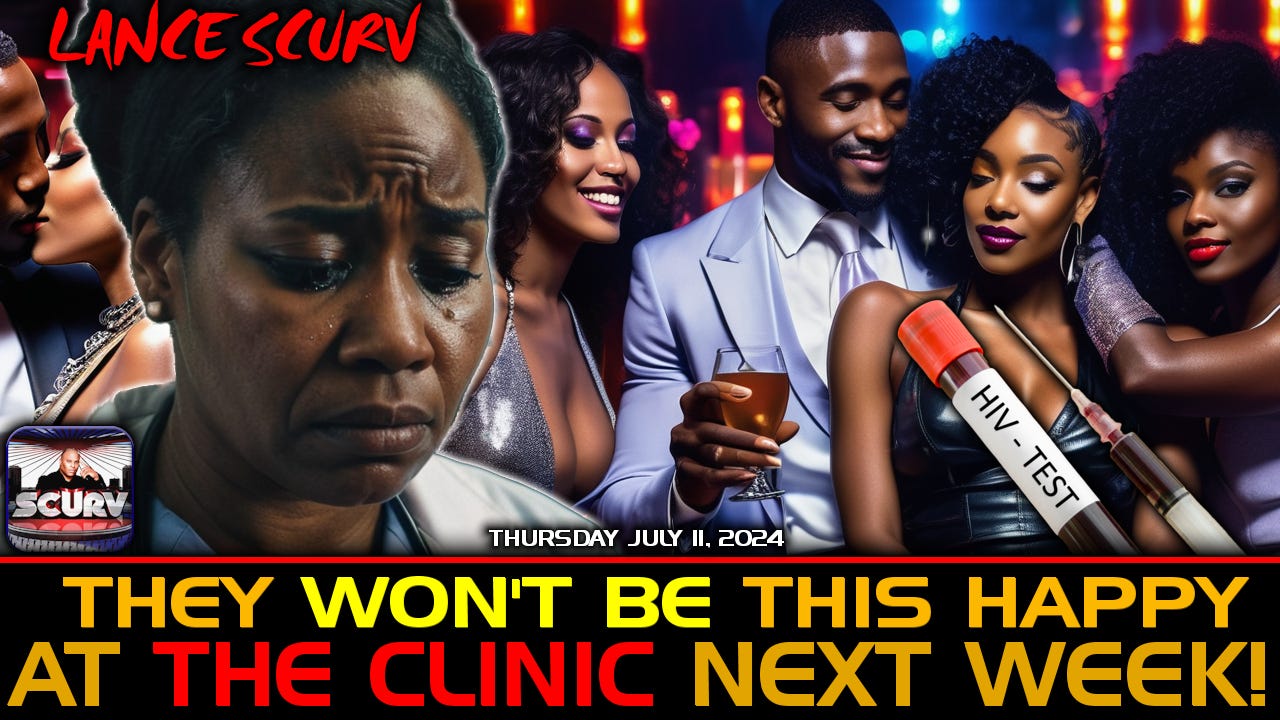It's time to acknowledge how careless we have become, especially within the black community. HIV is not a storm that has passed; it's a persistent threat that requires our vigilance and action. Here, we'll delve into a brief history of HIV/AIDS and offer practical advice on how to protect ourselves and our communities.
A Brief History of HIV/AIDS
1. 1981: The first cases of what would later be known as AIDS are reported in the United States.
2. 1983: The virus that causes AIDS, HIV, is identified.
3. 1985: The first HIV test is approved.
4. 1995: The introduction of protease inhibitors leads to the development of effective antiretroviral therapy (ART).
5. 2003: The global effort to combat HIV/AIDS is bolstered by initiatives like PEPFAR (President's Emergency Plan for AIDS Relief).
6. 2012: Pre-exposure prophylaxis (PrEP) is approved for use in HIV prevention.
7. 2020: Advances in treatment and prevention continue, but the fight against HIV/AIDS is far from over.
10 Ways to Avoid Risky Behaviors
1. Educate Yourself: Stay informed about HIV/AIDS and other STDs. Knowledge is power.
2. Use Protection: Always use condoms during sexual activity.
3. Get Tested: Regular testing for HIV and other STDs is crucial.
4. Limit Partners: Reduce the number of sexual partners to minimize risk.
5. Avoid Substance Abuse: Drugs and alcohol can impair judgment and lead to risky behavior.
6. Communicate: Have open and honest conversations with sexual partners about health and safety.
7. Know Your Status: Ensure both you and your partner are aware of each other's STD status.
8. Seek Medical Advice: Consult healthcare professionals for guidance on safe sex practices.
9. Consider PrEP: If at high risk, explore pre-exposure prophylaxis (PrEP) as a preventive measure.
10. Stay Vigilant: Always be mindful of your actions and their potential consequences.
10 Situations to Avoid
1. Anonymous Hookups: Avoid engaging in sexual activity with strangers.
2. Unprotected Sex: Never have sex without a condom.
3. Intoxicated Decisions: Avoid making sexual decisions under the influence of drugs or alcohol.
4. Sex Parties: Stay away from environments that promote casual, unprotected sex.
5. Online Solicitations: Be cautious about meeting people from dating apps without proper precautions.
6. *Ignoring Symptoms*: Don’t overlook any signs of STDs; seek medical attention immediately.
7. *Trusting Appearances*: Remember that STDs can affect anyone, regardless of how they look.
8. *Non-monogamous Relationships*: Be cautious in open relationships and ensure all parties are tested regularly.
9. *Stigmatizing Conversations*: Avoid perpetuating myths and stigmas about HIV/AIDS.
10. *Complacency*: Never assume you're safe; always take preventive measures.
In conclusion, the increasing rates of HIV in cities like Houston serve as a stark reminder that the fight against this virus is far from over. We must remain vigilant, educate ourselves, and take responsible actions to protect our health and the health of our communities. The decadence of our society can be curbed if we prioritize safety, communication, and mutual respect in our sexual practices.












